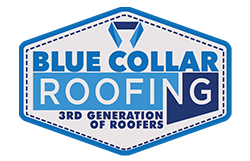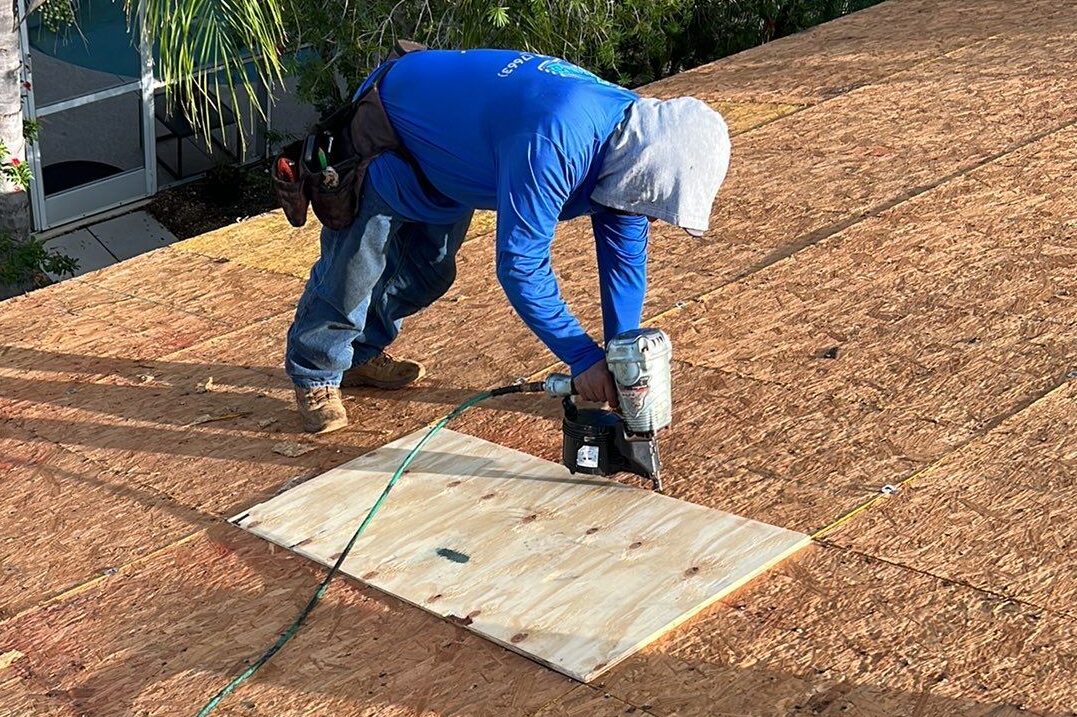Your property’s roof plays a crucial role in providing protection against the elements, maintaining comfort, and preserving the overall integrity of your home or commercial building. With Southwest Florida’s unique climate and weather conditions, regular roof inspections are particularly essential to ensuring your roof remains in optimal condition and safeguarding your investment.
In this ultimate guide to roof inspection, we will walk you through the importance of regular roof inspections for residential and commercial properties in Southwest Florida. We will also cover the various aspects of a comprehensive roof inspection, how often they should be conducted, and how to choose the right roofing professional to carry out the task. Our goal is to equip you with the knowledge necessary to take a proactive approach to maintaining your roof and avoid costly damage in the long run.
Roof inspections are a vital component of property maintenance and a key factor in extending the lifespan of your roof. By understanding the importance of these inspections and how to properly approach them, you will be better prepared to protect your property and maintain its value. Keep reading to learn about the essentials of roof inspection and how they pertain to property owners in our beautiful corner of Southwest Florida.
Why Roof Inspections are Essential
1. Detecting Damage Early
Roof inspections allow property owners to identify problems at their earliest stages, preventing minor issues from escalating into expensive repairs or even a full roof replacement. During a professional inspection, a roofing expert will evaluate all aspects of your roof, identifying any signs of wear, damage, or potential trouble areas that require attention.
2. Maintaining Your Warranty
Many roofing materials come with manufacturer warranties, which usually require regular inspections in order to remain valid. By keeping up with a proper inspection schedule, you can protect your warranty and ensure that any required repairs will be covered.
3. Extending the Life of Your Roof
A well-maintained roof can last decades, but neglecting regular inspections can considerably shorten its lifespan. By scheduling consistent inspections and addressing any concerns promptly, you can extend the life of your roof and make the most of your investment.
Key Components of a Comprehensive Roof Inspection
1. Evaluating Roofing Material
During an inspection, the roofing professional will assess the condition of your roofing material, checking for signs of wear, damage, and age. This includes examining shingles or tiles for curling, warping, cracks, or missing pieces, as well as inspecting metal roofing for signs of corrosion or damage.
2. Inspecting Roof Flashing
Roof flashing is critical to preventing water intrusion, as it’s used to seal off joints and seams where water might penetrate. A thorough inspection will include checking the flashing around chimneys, vents, and other roof penetrations for signs of damage or poor installation.
3. Checking the Gutter System
A functional gutter system is vital to channeling water away from your roof and foundation, preventing damage to both your roofing material and the overall structure of your building. The inspector will look for gutter issues, such as clogs, sagging, or damage, and recommend any necessary repairs or replacements.
4. Assessing Ventilation and Insulation
A properly ventilated and insulated roof is essential for maintaining adequate airflow, controlling moisture, and improving energy efficiency. A comprehensive inspection will include a thorough assessment of the ventilation system and insulation in your attic, allowing the roofing professional to identify areas where improvements can be made.
Roof Inspection Frequency for Southwest Florida Property Owners
We recommend scheduling a professional roof inspection at least once a year for residential properties. In addition to routine inspections, it is crucial to have your roof inspected after major storms or if you suspect damage from high winds or debris.
Commercial properties typically require more frequent inspections due to their larger size and higher potential for damage. A biannual inspection is recommended for most commercial roofs, with additional inspections conducted after significant storms or after any noticeable changes to the roof’s performance.
Choosing the Right Roofing Professional for Your Inspection
Not all roofing professionals offer the same expertise and quality, so choosing a trustworthy and experienced contractor to conduct your inspection is crucial. Consider the following factors when selecting a roofing professional:
– Experience: Look for a contractor with a proven track record of performing roof inspections in Southwest Florida.
– Certifications and Licenses: Ensure the contractor holds all necessary certifications and licenses to conduct business in your area.
– Reviews and Testimonials: Read reviews and testimonials from past clients to get a sense of the professional’s quality, customer service, and overall satisfaction.
– Insurance: Verify that the roofer is fully insured to protect both you and the contractor in case of an accident or damage during the inspection.
Prioritize Roof Inspections for Long-Lasting Protection
By keeping up with routine roof inspections, you can identify and address potential issues early, maintain your warranty, and help extend the life of your roof. By understanding the key components of a comprehensive roof inspection, the frequency with which they should be conducted, and how to choose the right professional for the job, you can make confident decisions about your property’s roofing needs in Southwest Florida.
For expert guidance, trusted experience, and tailored solutions for your residential or commercial roof inspection needs in Southwest Florida, look no further than Blue Collar Roofing. Contact us today to schedule a comprehensive inspection that will ensure the lasting performance and durability of your roof.

